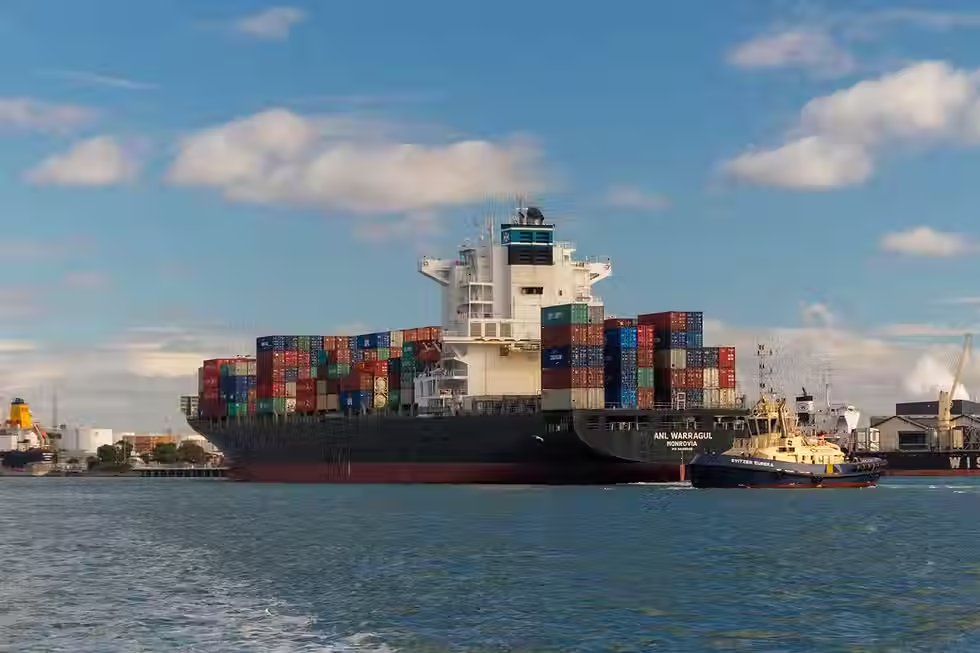Navigating In and Out of Cargo Declaration in Singapore
- declarationnexus
- Apr 16, 2024
- 3 min read
Updated: Sep 17, 2024

Cargo declaration is a crucial aspect of international trade, ensuring that goods entering or leaving a country comply with customs regulations. In Singapore, the process of cargo declaration is governed by strict guidelines to maintain the integrity of the supply chain and protect national security. Understanding the ins and outs of cargo declaration is essential for businesses involved in import and export activities.
Introduction
Cargo declaration involves providing detailed information about the goods being transported, including their nature, quantity, and value. This information helps customs authorities assess the duties and taxes applicable to the goods and ensures that they comply with import and export regulations. In Singapore, cargo declaration is mandatory for all shipments, and failure to comply can result in severe penalties.
Regulatory Framework
The regulatory framework for cargo declaration in Singapore is governed by several authorities, including the Singapore Customs and the Maritime and Port Authority of Singapore (MPA). These authorities work together to ensure that cargo declaration processes are efficient and comply with international standards.
Types of Cargo Declaration
There are two main types of cargo declaration in Singapore: pre-arrival notification and import and export cargo clearance. Pre-arrival notification is required for all goods entering Singapore and must be submitted electronically through the TradeNet system. Import and export cargo clearance involves declaring the goods to customs before they can be released for import or export.
Cargo Declaration Process
The process of cargo declaration in Singapore is straightforward but requires careful attention to detail. First, traders must register with the Singapore Customs as declaring agents. Then, they must submit the required documentation, including the commercial invoice, packing list, and bill of lading, through the TradeNet system. Once the declaration is processed, customs will issue an approval for the goods to be released.
Common Mistakes
One of the most common mistakes in cargo declaration is incorrect classification of goods. This can lead to underpayment or overpayment of duties and taxes, as well as delays in customs clearance. Other errors include inaccurate declaration of the quantity or value of goods, which can result in fines and penalties.
Benefits of Accurate Declaration
Accurate cargo declaration is essential for smooth customs clearance and can help businesses avoid costly delays and penalties. By providing correct information about their goods, traders can also benefit from expedited customs procedures and reduced inspection times.
Technological Advancements
Advances in technology have made cargo declaration more efficient and reliable. Automation systems, such as the TradeNet system in Singapore, allow traders to submit their declarations electronically, reducing paperwork and processing times. Future trends in cargo declaration include the use of blockchain technology to improve transparency and security in the supply chain.
Conclusion
Navigating the ins and outs of cargo declaration in Singapore requires a good understanding of the regulatory framework and compliance requirements. By following the correct procedures and submitting accurate information, businesses can ensure smooth customs clearance and avoid penalties. Compliance with cargo declaration regulations is crucial for maintaining the integrity of the supply chain and protecting national security.
FAQs
What is a cargo declaration?
A cargo declaration is a document that provides detailed information about goods being transported, including their nature, quantity, and value.
What happens if my cargo declaration is incorrect?
Incorrect cargo declarations can result in fines, penalties, and delays in customs clearance.
Can I amend a cargo declaration after submission?
Yes, you can amend a cargo declaration after submission, but you must do so before the goods are released by customs.
Are there any exemptions to cargo declaration requirements in Singapore?
Some goods, such as personal effects and certain types of low-value goods, may be exempt from cargo declaration requirements in Singapore.




